While many cat owners believe that orchids are poisonous to cats, the American Society for the Prevention of Cruelty to Animals (ASPCA) says this is not the case. In fact, the real hazard may well be to the lifespan of your orchids! However, there are some precautions you might still want to take.
Many cats are understandably fascinated with orchids. In fact, single-stem orchid species in bloom can look a lot like another feline favorite, the cat wand toy. So it may be safest for all concerned to keep your cats and your orchids separate.
Why Do Cats Consume Flowers and Leaves?
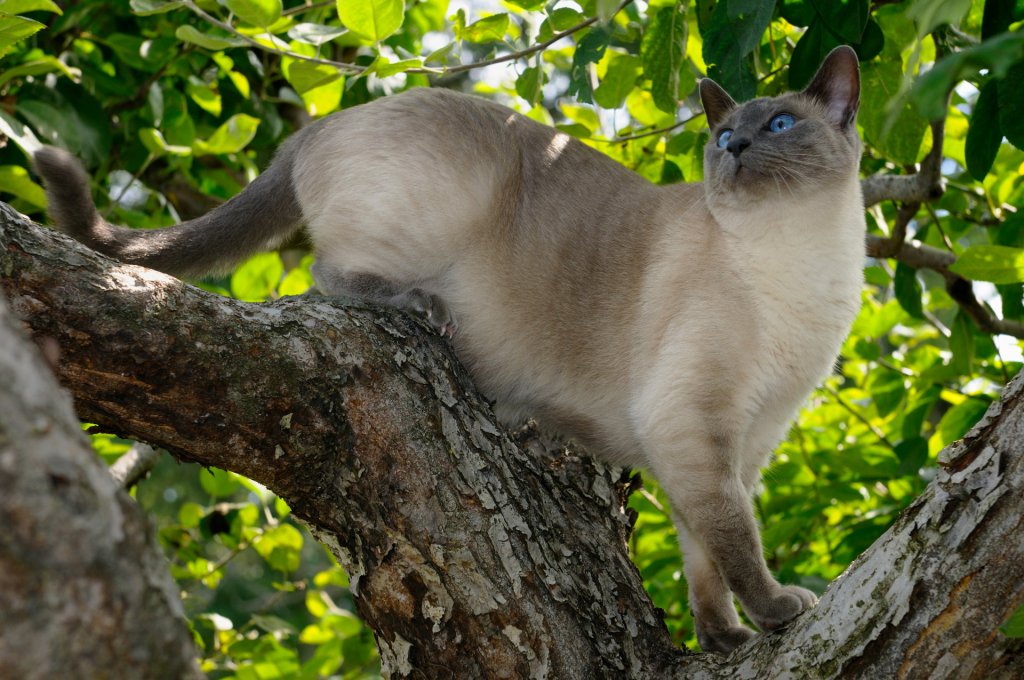
Cats are by nature obligate carnivores.
“Obligate carnivore” means that the feline digestive system has evolved over the centuries to consume and digest only pure animal protein. This applies to big and small cats equally.
According to feline experts, cats do eat plant matter, including flowers or leaves. But it is not for the reasons you might expect.
Herbivore prey
Most prey animals are herbivores (plant-eating animals). So when a cat hunts, the prey will often have partially digested plant matter still in their digestive tract.
Cats can and often do safely consume small amounts of plant matter in this way without undue digestive disturbance.
Beneficial properties
Plants can also confer some enjoyable qualities. The most well-known such plant is, of course, catnip.
But not all cats readily gravitate towards catnip. In fact, current estimates indicate that anywhere from 25 to 50 percent of cats may not be affected by catnip or cat grass at all.
Sometimes, eating plants that have naturally high insoluble fiber content can help a sick cat vomit and feel better. Certain plants can also offer micronutrients if the cat’s regular diet is deficient in these areas.
And sometimes cats eat plants simply because they are bored. Chewing is a natural activity.
Are Orchids Poisonous to Cats?
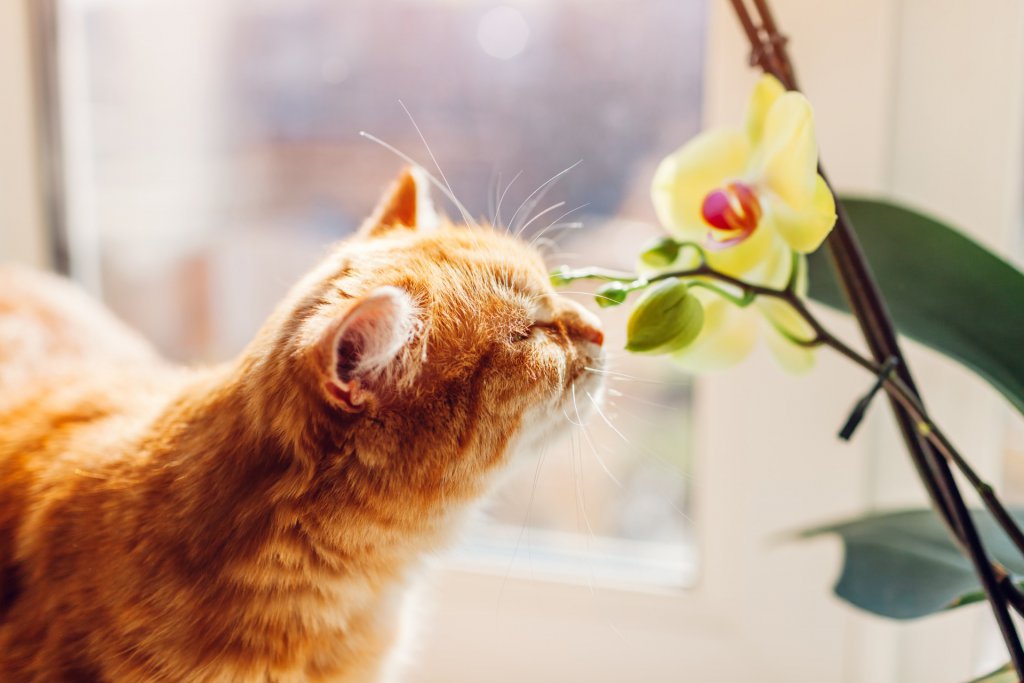
Current research suggests that the majority of orchids are not poisonous to cats.
However, the University of California at Davis has another list that indicates the lady slipper orchid (Cypripedium) may be slightly toxic to animals.
The ASPCA reports good news about the popular Phalaenopsis orchid (moth orchid).
This orchid is not toxic to cats or other pets. The “phal” is the most popular orchid sold commercially and is the orchid most likely to be kept by new growers.
Are Orchids Poisonous to Other Pets or Animals?
Orchids are not on the Pet Poison Helpline’s list of plants that are poisonous to cats and other pet animals.
For most purposes, if a plant is toxic to pet cats, it will likely be toxic to other small pet animals as well.
Most orchid species are supposedly not toxic to cats, animals, or people. However, this does not extend to many everyday orchid care and treatment products.
For example, you might use a fungicide, herbicide, pesticide, or commercial fertilizer on your orchid collection. These substances can all be toxic or poisonous to your cat, as well as to other pets and people.
Always keep your orchid care supplies locked away safely so that cats, other pets and children cannot gain access.
Are Orchids Poisonous to People?
Orchids have a long history of use in traditional Chinese medicine and ayurvedic medicine.
Some species contain several important beneficial compounds ranging from morphine to caffeine. Other species may contain compounds toxic to people, including nicotine and trace amounts of the poison strychnine.
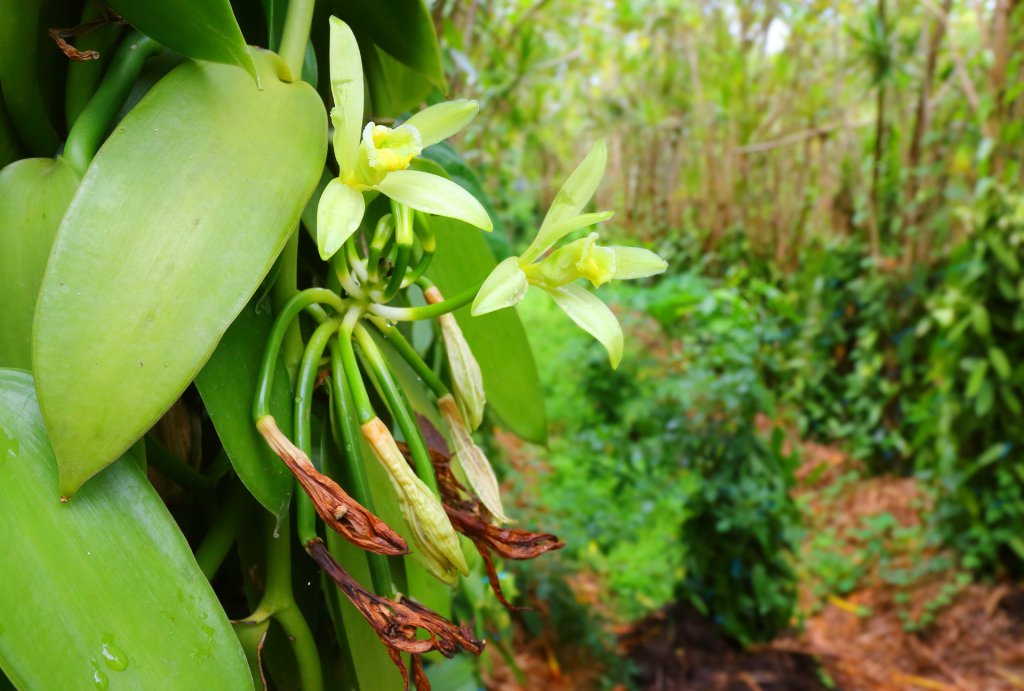
Most people don’t know that the popular flavoring agent vanilla comes from the vanilla orchid. Vanilla bean in its pure form (without added alcohol or other flavorings) is not known to be toxic or poisonous to cats, other pets or people.
Are Other Flowers or Plants Poisonous to Cats?
There are many flowers and plants known to be poisonous to cats.
The Humane Society of the United States maintains a database of plants with toxic properties ranging from mild to severe.
This list includes lilies, azaleas, buttercup, carnations, daffodils, foxglove, holly, hyacinth, iris, oleander, philodendron, poinsettias, roses, sago palm, and tulips, among others.
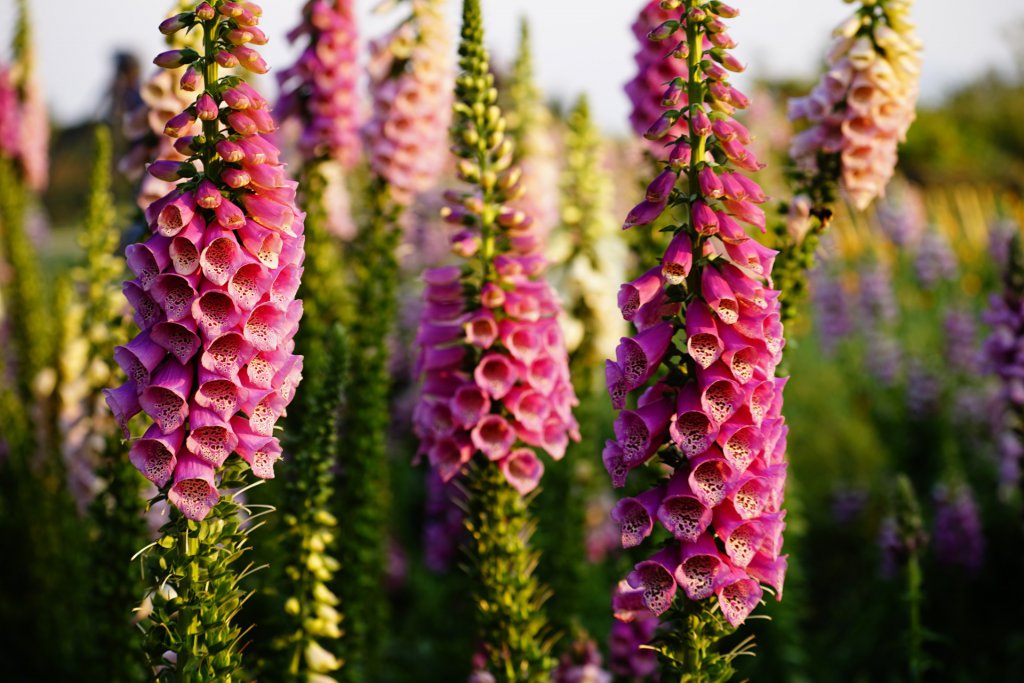
When your household includes cats or other pets, it is crucial to determine if existing landscaping or houseplants may pose a health threat to your animals. Always consult with pet poison control or your veterinarian when selecting new houseplants.
What to Do If Your Cat Eats an Orchid
Whether or not orchids are thought to be toxic or poisonous to cats, it is always smart to keep cats and orchids safely separated for the health of both.
The most commonly reported side effect after a cat eats an orchid is a mild stomachache. However, if your cat consumes an orchid and starts behaving strangely afterward, it may or may not be the orchid causing the symptoms.
Regardless, you should always take your cat to your feline veterinarian without delay to find out what has made your cat sick. Bring the remains of the orchid with you in case it is helpful to the diagnostic process.
If the incident happens after hours, take your cat to the nearest veterinary emergency clinic for treatment.

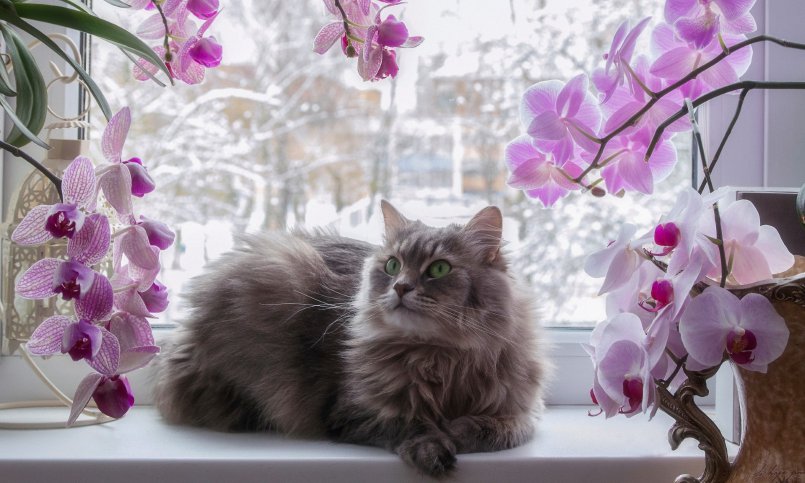
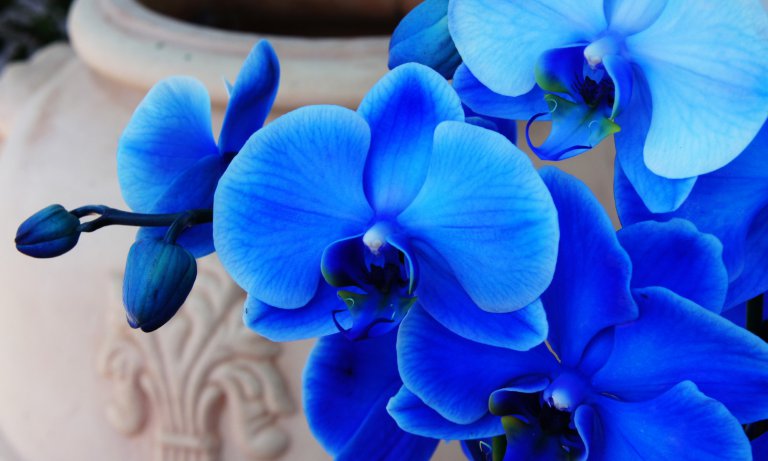
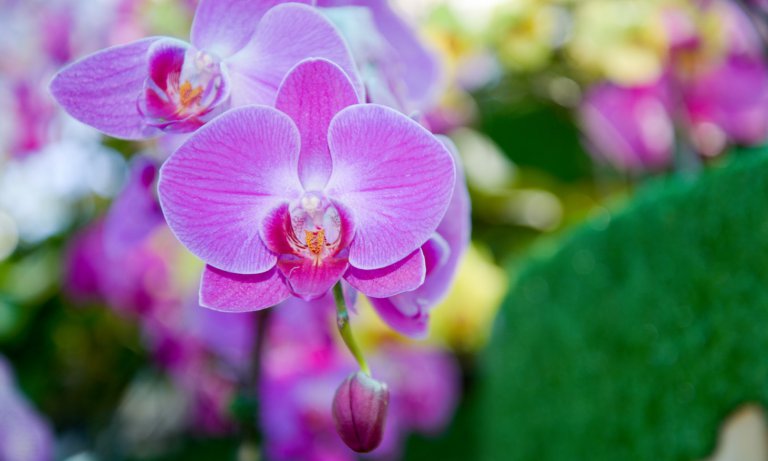
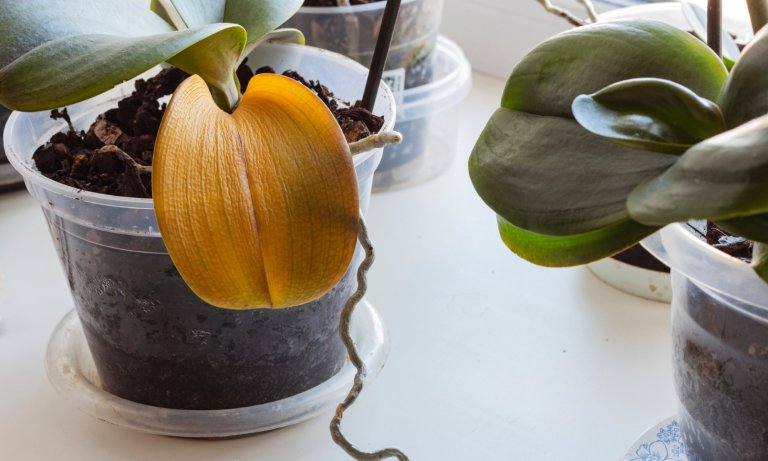
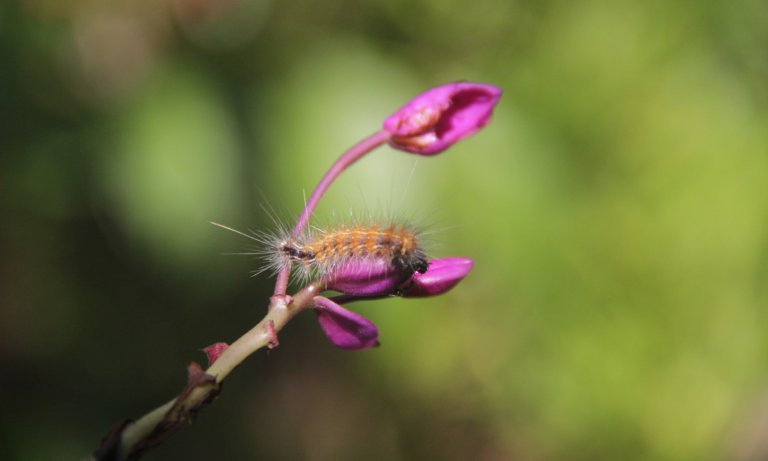
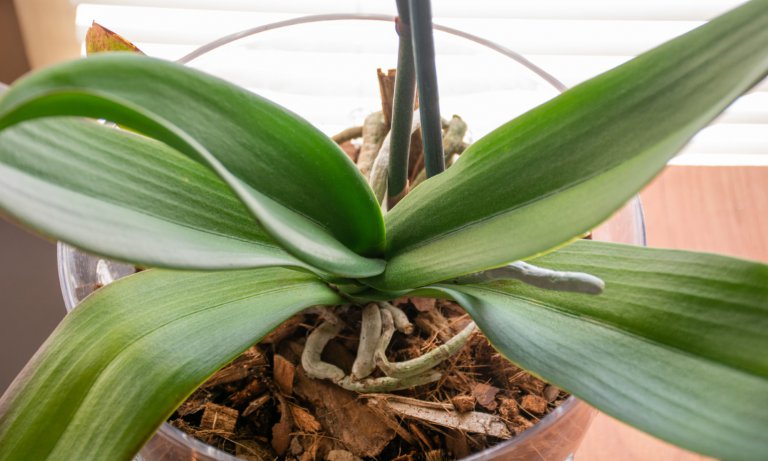
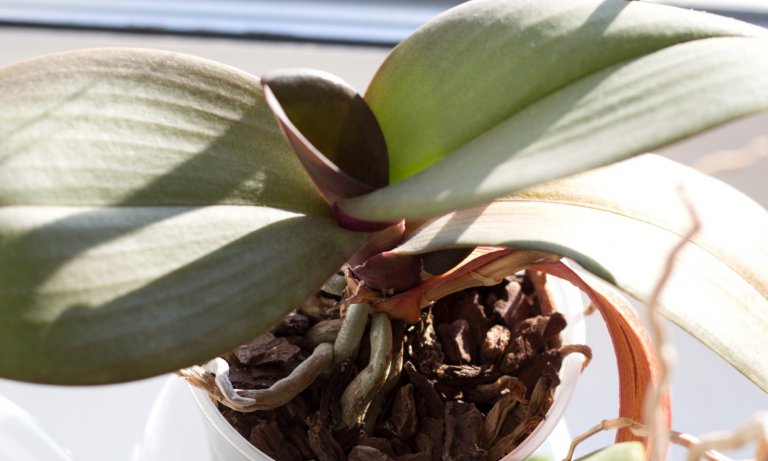
very nice post, i certainly love this website, keep on it